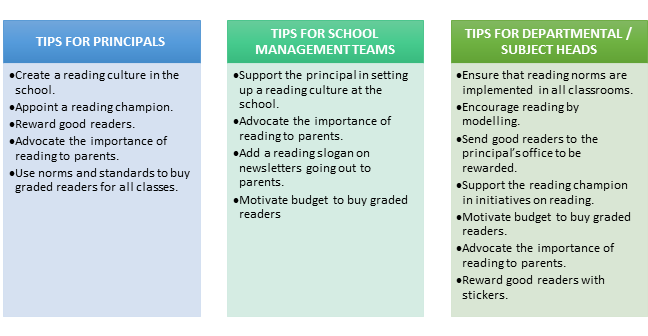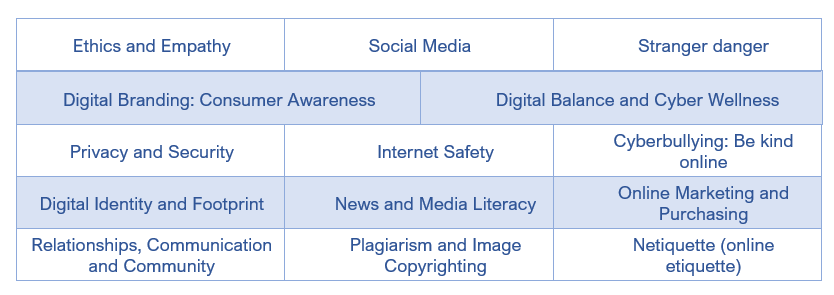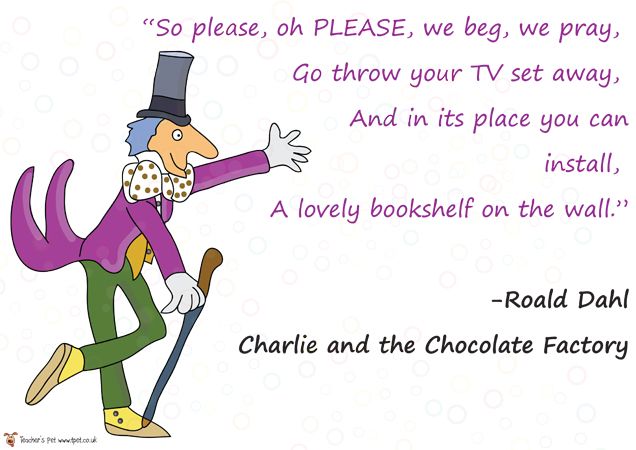
WCED Reading Strategy
"... the ability to read with comprehension and pleasure is one of the most important skills developed in the school years, giving our learners not only access to knowledge, but the ability to use their acquired understanding to make sense of the world around them and take purposeful actions to create a better world..."
~Dr. Peter Beets (WCED Deputy Director-General 2021)
The WCED vision is to ensure quality education for every child, in every classroom, in every school in this Province. Our vision will never become a reality if we do not start at the beginning and focus on the essentials of Reading and Language proficiency at an early age. Language provides the foundation for all learning, in every subject, so we have to ensure that all learners can read and write at levels required for their grades. This strategy aims to further strengthen our existing Language and Mathematics Strategies and to support our educators in understanding, nurturing and developing learners’ language development needs.
Mr. Brian Schreuder (WCED Superintendent General: 2021)
Language is vital for communicating with others in school and in the wider world, and is fundamental to learning in all subjects. In studying languages, learners develop skills in speaking, listening, reading, and writing that they will need to participate in society and employment. Learners learn to express themselves creatively and imaginatively and to communicate with others confidently and effectively. The purpose of the Reading Strategy is to support quality teaching and learning in all languages; promote additive bilingualism; support learners to have a conversational level of an African language and improve reading and reading comprehension throughout.
The reading strategy is built on six pillars:
- Learner support through different intervention strategies;
- Provision of Learning and Teaching Support Material to strengthen teaching practices;
- Teacher Professional Development to ensure quality teaching;
- Research to ensure that the right strategies are used;
- Advocacy through different mediums to ensure mass-mobilization;
- Parental/Community involvement to ensure all stakeholders are involved and fulfilling their role.
All six of these pillars are underpinned with an eLearning component, monitoring and evaluation as well as mass-mobilization.

Digital Literacy: definition and essentials
“A person’s ability to perform tasks effectively in a digital environment ... includes the ability to read and interpret media, to reproduce data and images through digital manipulation, and to evaluate and apply new knowledge gained from digital environments.” -- Barbara R. Jones-Kavalier and Suzanne L. Flannigan: Connecting the Digital Dots.
Cornell University offers this definition: “Digital literacy is the ability to use information and communication technologies to find, evaluate, create, and communicate information, requiring both cognitive and technical skills.”
Digital literacy, by this definition, encompasses a wide range of skills, all of which are necessary to succeed in an increasingly digital world. When we consider the vast influence of digital technologies as well as the online world on education and the lifestyles of our children, regardless of age, it becomes imperative that the curriculum speaks to the essential skills of digital literacy.
Integrating Digital Literacy into the curriculum
Digital literacy is not only essential to lifelong learning, but the online world is an extremely employed environment in our everyday lives and in education. Teachers are required to inculcate a level of digital literacy in their teaching practice. Teachers need to address digital literacy within the curriculum. This can be done through the everyday use of technological devices and online platforms. Teachers should iterate elements of digital literacy.
A number of key themes worthy of exploration would be, amongst others:

Visual literacy is the ability to interpret, negotiate, and make meaning from information presented in the form of an image, extending the meaning of literacy, which commonly signifies interpretation of a written or printed text. It involves closely examining diverse visual texts across a range of text types. Text types include non-fiction, textbooks, picture books, art, advertisements, posters, graphic novels, comic strips, animations, film clips, web pages and more. Visual literacy is concerned with how meaning is made in still and moving image texts.
Why is visual literacy important?
- Visual information is more memorable
- Visual information is transferred faster
- Helps learners communicate with the world around them
- Enriches understanding
- Increases enjoyment
The reading strategy and norms serve as a guideline and benchmark for teachers to determine which learners need interventions. These are the minimum norms a learner needs to achieve. Learners not meeting the norm will need intervention while learners achieving above the norm will need enrichment.
|
Foundation Phase
|
|||
|
Intermediate Phase
|
|||
|
Senior Phase
|
|||
|
FET
|
It's no secret that activities at home are an important supplement to the classroom, but there's more to it than that. There are things that parents can give children at home that the classrooms cannot give. There is no more important activity for preparing a child to succeed as a reader than reading aloud together. Fill your storytimes with a variety of books. Be consistent, be patient, and watch the magic work!
|
Book Collection
|
|||
|
Virtual Library
|
The following documents explain the WCED Reading Strategy:
Calling all educators and schools of the Western Cape!
Story Stars is the epic adventure of Felix and Felicity written by learners of the Western Cape and it’s time to send our heroes on their next quest. We want your learners to tell us what happens next. Watch the latest episode, share it with your class and let’s get writing. Learners will need to write Felix and Felicity’s next chapter with themselves as the hero of the story.
We are proud to announce that we have a winner for the 2020 Story Stars Essay Competition: Keschrie Booysen from Philadelphia Primary was named the winner and the runners-up are in 2nd place Kylie Muller from Mitchell’s Plain Primary and in 3rd Mibono Cekeshe from Volschenk Primary.
We shared their stories in the 2021 Story Stars reader and entry booklet that was delivered to schools early this year (2021).
We invite all Grade 4 learners to enter the competition and request their teachers to submit the best stories in their class by the end of term, 23 April 2021. A rubric for assessment is included in the entry booklet. Watch the video here or read more about the project.

Teachers are encouraged to empower themselves with the necessary skill set to integrate language and reading skills across the curriculum, in every grade and subject.
Language Across the Curriculum: This course equips subject teachers to develop learners’ language skills in each subject area.
Reading Across the Curriculum: This course builds on the Language Across the Curriculum course as it equips subject teachers with the skills to develop learners’ reading skills in their subjects.
"Readers fly High"
|
Presenter
|
Topic
|
|
Dr Melodie de Jager
|
|
|
Thembisa Kosi
|
|
|
Vicky Davis
|
|
|
Ashleigh Taljaard
|
|
|
Stephanie du Plessis
|
|
|
Iza Schreuder & Jani de Villiers
|
|
|
Sarah Murray
|
|
|
Ragmah Davids
|
|
|
Lesang Sebaeng
|
|
|
Prof Lilly Pretorius
|
|
|
Lumka Jafta
|
|
|
Anina Lundie, Allicia Seconna, Keith Tabishner & Hugo Smuts
|
|
|
Karen Dudley
|
|
|
Almaret Du Toit
|
|
|
Haroon Mahomed
|
|
|
Anina Lundie Allicia Seconna Hugo Smuts Keith Tabishner Haroon Mahomed
|
|
|
|
|
|
|
Do you have an educational app, video, ebook, course or eResource?
Contribute to the Western Cape Education Department's ePortal to make a difference.


